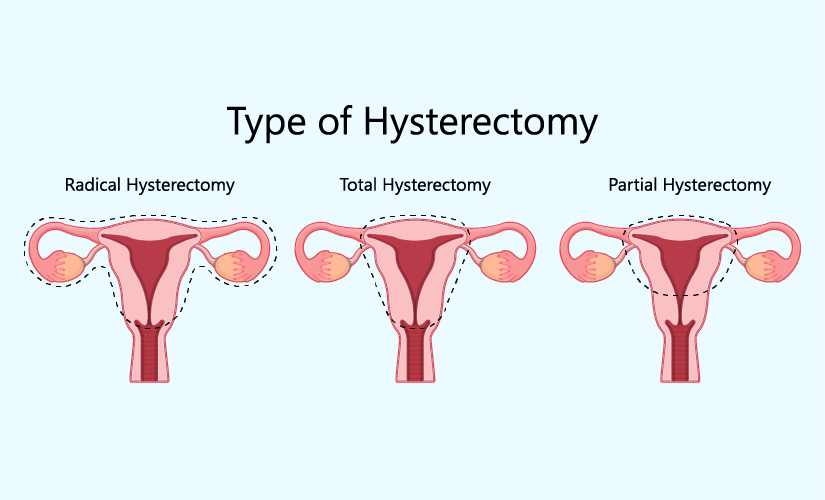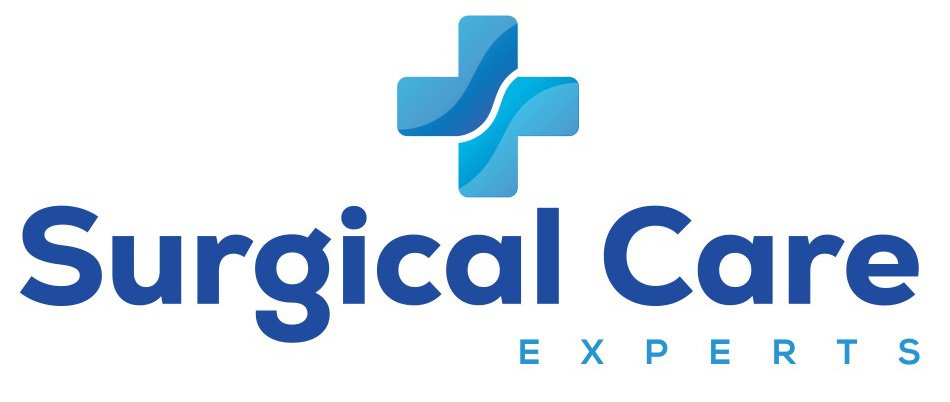About Hysterectomy Surgery.
About Hysterectomy Surgery Surgical Care Experts understands that undergoing a hysterectomy can be a significant decision for women. We are dedicated to providing compassionate and comprehensive care throughout the entire process, from initial consultation to post-operative recovery. Our team of highly skilled surgeons specializes in minimally invasive hysterectomy techniques, ensuring a smoother surgical experience and faster recovery time.
Hysterectomy:

How is a Hysterectomy Diagnosed?
Diagnosis typically involves a combination of:
- Medical history: Discussing your symptoms and concerns.
- Physical exam: Evaluating your pelvic organs.
Imaging tests: Ultrasound, MRI scan, or X-ray to visualize the uterus and surrounding structures.
Advantages of Hysterectomy with Surgical Care Experts:
- Experienced Gynecologic Surgeons: Our team consists of highly skilled and board-certified surgeons specializing in minimally invasive hysterectomy techniques.
- Personalized Treatment Plans: We work with you to understand your unique situation and recommend the most suitable hysterectomy approach based on your needs and medical history.
- Minimally Invasive Techniques: Whenever possible, we utilize laparoscopic or robotic-assisted surgery for smaller incisions, less pain, and faster recovery.
- Advanced Technology: We leverage cutting-edge surgical tools and technologies for precise procedures and optimal outcomes.
Comprehensive Support: Our team provides compassionate care and guidance throughout your journey, from pre-operative education to post-operative recovery.
Symptoms of Uterine Conditions that May Warrant a Hysterectomy:
- Heavy or prolonged menstrual bleeding
- Pelvic pain
- Abnormal uterine bleeding
- Uterine fibroids (noncancerous tumors in the uterus)
- Endometriosis (uterine tissue growing outside the uterus)
- Pelvic organ prolapse (dropping of the uterus or other pelvic organs)
Causes of Uterine Conditions:
- Hormonal imbalances
- Uterine fibroids (cause unknown)
- Endometriosis (cause unknown)
- Pelvic organ prolapse (weakening of pelvic floor muscles and tissues)
When to See a Doctor
Risk Factors:
- Age (hysterectomy is more common in women over 40)
- Obesity
- History of pelvic surgery
- Smoking
Complications:
While uncommon, potential complications of a hysterectomy can include infection, bleeding, and injury to surrounding organs. We take meticulous steps to minimize these risks and ensure your safety throughout the process.
Prevention:
While not all uterine conditions are preventable, maintaining a healthy weight and regular gynecological checkups can help detect potential issues early.
Patient Testimonials



FAQ's
There are several types of hysterectomy, including total hysterectomy (removal of the uterus and cervix), subtotal hysterectomy (removal of the uterus but not the cervix), and laparoscopic hysterectomy (minimally invasive procedure through small incisions). We will discuss the most suitable option for you during your consultation.
Recovery time varies depending on the type of hysterectomy performed. We will provide detailed recovery instructions and guide you through the healing process.
If your cervix is removed during the hysterectomy, you will no longer have periods.


